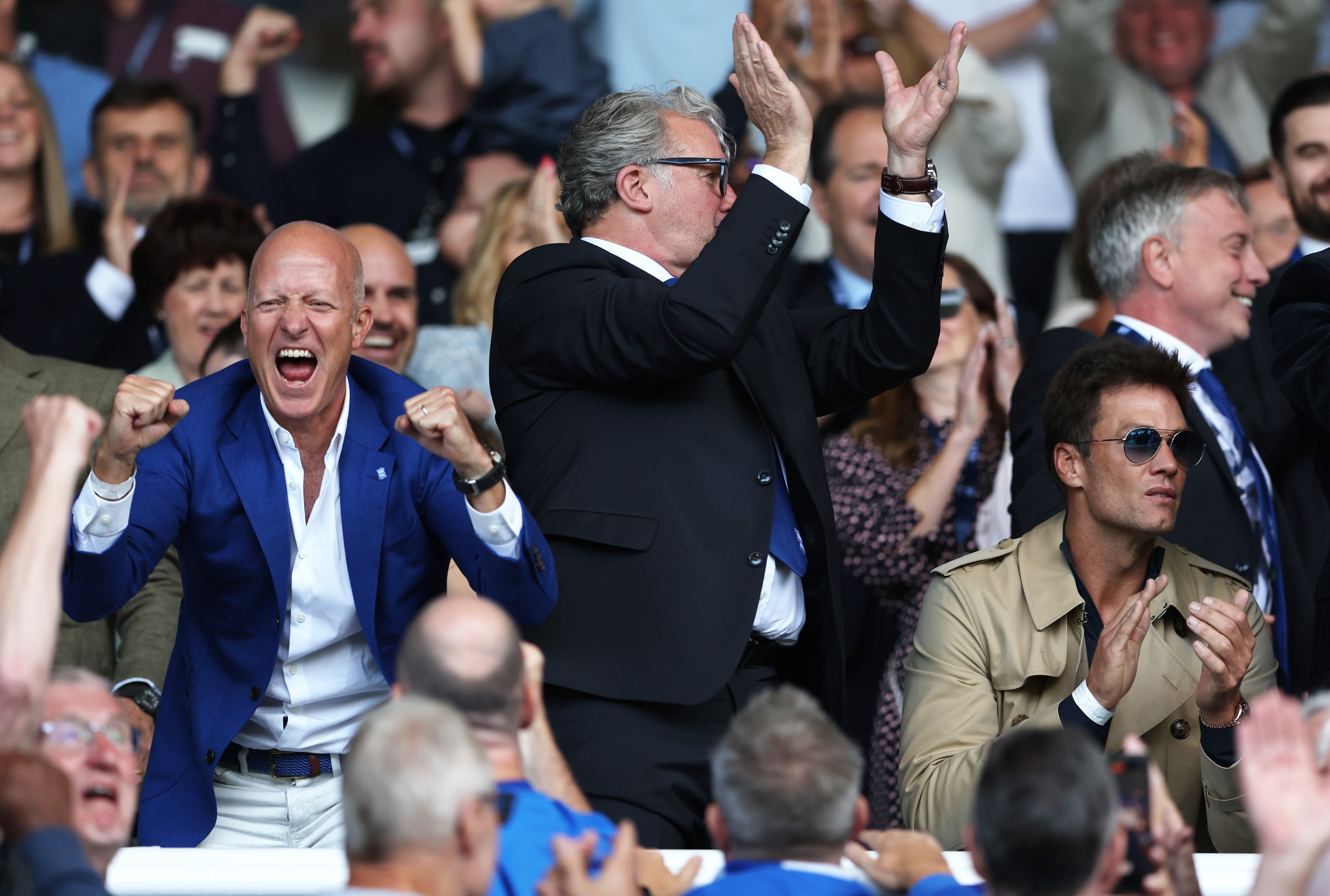Wayne Rooney’s 83-day Birmingham disaster spells the end of his managerial career
Rooney’s 15 games in charge of Birmingham were so bad that it is hard to see who else would want the former Manchester United and England striker, or why, writes Richard Jolly
Some statements do not age well, even when the era in question only amounts to 83 days. “Wayne is a born winner,” said Birmingham chairman Tom Wagner when explaining his managerial appointment. Yet Wayne Rooney won as many games in his reign as his sacked predecessor John Eustace did in his last two matches. Two, to be precise.
Rooney’s dismissal came after he reacted to defeat to Leeds by calling for Birmingham to bring in more players. It seemed to show a lack of self-awareness. The same squad that Eustace took into the Championship play-off places had the worst record in the division under him, conceding the most goals, earning the fewest points at home. “He will take Blues forward on the next stage of our journey,” Wagner said in October. Instead, he threatened to take Eustace’s buoyant team, who may have been eyeing a previously unexpected tilt at promotion to the Premier League, into League One. Which, if nothing else, would have been a journey.
And yet the greatest culpability for a reign of just two wins in 15 games does not belong to Rooney. Birmingham’s owners, Shelby Companies, and their CEO, Garry Cook, showed a spectacular stupidity. Theirs was a hubristic failure, taking something that was working well and breaking it, rendered all the worse by their seeming ignorance of the club’s history.
Eustace seemed to be finally extricating Birmingham from a pattern of relegation struggles and managerial instability that had lasted seven years since City had ditched an unglamorous, overachieving Midlander as manager for the more glamorous option of a big-name, playing great. When Rooney was appointed, comparisons with Gianfranco Zola were obvious, making Eustace the Gary Rowett of the piece. Rooney leaves with the second-lowest win percentage of any permanent manager in Birmingham’s history, a lamentable 13.3 putting him above only Zola. History rarely repeats itself as accurately or as obviously.

If Eustace, like Rowett, played blue-collar football with the Blues, giving a working-class club a work ethic, the eventual verdict may be that Rooney lacked the prowess to implement a bolder blueprint. His words at Elland Road suggested he felt he lacked the players but Birmingham were a confused mess. Nor were there indications of fine man-management or astute judgement.
“His playing philosophy will help to realise the ambitions we have set for Birmingham City,” Wagner said in October. But where, really, was the evidence for that, or that Rooney’s record offered any evidence he was a winner?

He won barely a quarter of his games in charge of DC United. He was rightly praised for the moral leadership he showed during Derby’s traumatic 2021-22 campaign, when County were deducted 21 points, in administration and at risk of liquidation. And yet he had almost relegated them the previous season: Derby finished with one point from their last seven games, one win from the final 16. Moreover, as subsequent events indicate, the coaching mastermind looked to be Liam Rosenior, who was aggrieved to be overlooked when Rooney was promoted above him, who served as his assistant and who has gone on to prove a catalytic manager of Hull.
Like Eustace, Rosenior did not have the advantage of a status that stemmed from his playing days. Tom Brady, Birmingham’s most famous investor, may have seen a peer in Rooney. But appointing the rich and famous is no guarantee of glory. If that lesson seemed learnt, it may have been forgotten in recent years. But if there has been a throwback feel to some of the jobs England’s golden generation have got, their fortunes underline that.

That said, Steven Gerrard and Frank Lampard are entitled to argue they should not be bracketed with Rooney. Each has concrete achievements to accompany the experience of the sack and the sight of more qualified successors, whether Unai Emery at Aston Villa or Thomas Tuchel at Chelsea, faring dramatically better.
Rooney’s record is worse than theirs. Turning down talks for the Everton job – which he claimed he did after Rafa Benitez was sacked and before Lampard was appointed – may prove the closest he ever gets to a top-flight post.
His statement after his dismissal by Birmingham showed a now familiar lack of self-awareness, arguing 13 weeks was not enough time – others may argue that extending his tenure would have worsened City’s plight – and including the phrase, “as I prepare for the next opportunity in my journey as a manager”.
The next opportunity? That may have displayed some optimism, given that Rooney was an unmitigated disaster at Birmingham. He was, too, unpopular with supporters who chorused Eustace’s name three weeks ago, who called for him to go. Unlike Birmingham’s board, they did not buy into the cult of Rooney. Maybe his 253 Manchester United goals and 53 for England will extend his coaching career. But his time at Birmingham was so bad that it is hard to see who else would want Rooney the manager, or why.
Join our commenting forum
Join thought-provoking conversations, follow other Independent readers and see their replies
Comments
Bookmark popover
Removed from bookmarks